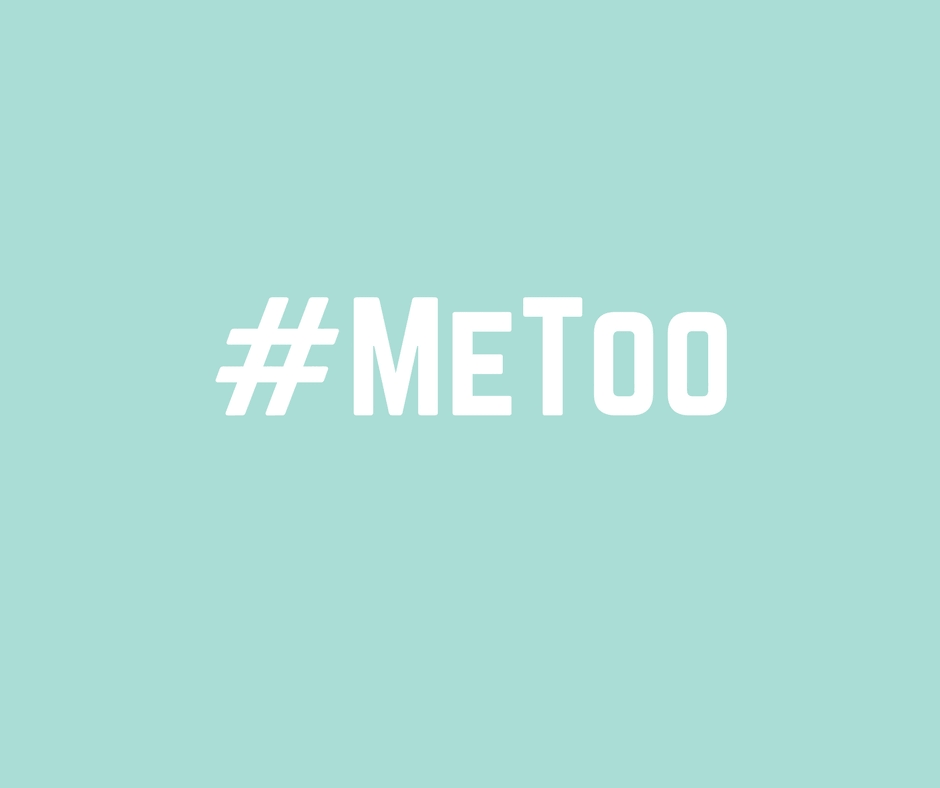By Alexandra Flores, Staff Writer
I would like to say that the current amount of sexual harassment accusations is astonishing, but I cannot. Sexual harassment has always been a problem; it is not really “news” although I am glad that it is finally being addressed. Hollywood movie producer Harvey Weinstein, actor Kevin Spacey, Minnesota senator Al Franken, chief creative officer of Pixar and Walt Disney Animation Studios John Lasseter, “Today” show host Matt Lauer, celebrity chef John Besh, and Alabama Republican nominee in the U.S. Senate election Roy Moore are some of the men accused of repeated sexual harassment. The length of this list, a shortened list of the complete one, is saddening to me, as I hope it would be for most. This sympathetic reaction is not what I have seen from people. For the majority of people, what I have seen is confusion and suspicion.
To clear up this doubt, let’s begin with what sexual harassment actually is. The official definition according to Merriam-Webster is “uninvited and unwelcome verbal or physical behavior of a sexual nature especially by a person in authority toward a subordinate.” Sexual harassment can be done by a man to another man, a man to a woman, a woman to a man, or a woman to another woman. Sexual harassment is not restricted to the involvement of the genitals or other sexually desirable places such as the buttocks or breasts. An example of this is if one were to uninvitingly place their hand on the knee of another. If the individual did not permit for their knee to be touched, made that known by saying so or by moving away or by taking some other action to express their discomfort, and the other does not cease their touching, then they can rightfully be accused of sexual harassment.
On to the next issue: sexual harassment is never invited. For instance, what an individual wears is not their consent to be sexually harassed. An individual’s clothing should not be a risk for sexual harassment, even if it is “too revealing.”
Almost three months ago, I was sexually harassed on my way to the side street where my brother picks me up from school. I was wearing denim shorts and a tight-fitting top that was tucked in, although again, that should not matter. The friend that I usually walk with had already been picked up so I was alone and I had my headphones in. I faintly heard the sound of a skateboard behind me and moved to the right, out of the person’s way. The next thing I knew, my left buttock stung (and ended up bruising) and the person quickly went ahead of me. I was not in any way expecting that to happen so I was in shock for a few seconds; once I snapped out of it, the person whom I then recognized as a boy, was already too far ahead of me to do anything about it. I was angry and humiliated, especially because if there had been different circumstances (if the boy was not on a skateboard) then I would have thrown his cowardly self to the ground. At the time, I did not tell anyone other than my closest friend because I figured that there was no point in it since I could not identify him. This should not have happened to me, as it should never happen to anyone.
In regards to the accused, I think social status should not matter. Whether they are rich or poor, they should still face the consequences. Money should not outweigh human trauma. If they have “potential” to do good and the accusation could ruin their future such as the case with Brock Turner back in 2016, they have no choice but to accept the consequences. They ruined their futures when they inappropriately put their hands on another person.
So why has all the trouble suddenly sprung out of nowhere? One reason is that it can be difficult for an individual to speak up about their experience of being sexually harassed. When they recount what happened, they are forced to relive it and that is most likely the last thing they want to do. Another reason people choose to not talk about their experience is that there are times when an individual’s job depends on staying quiet. For example, their boss could have sexually harassed them and warned them to be quiet about it or else they would lose their job. They need to provide for either themselves or their family and are going to stay quiet. However, when one speaks up about their experience it serves as both a comforting invitation and a source of empowerment to others who are in the same boat. The “MeToo” hashtag on social media promotes denunciations of sexual misconduct. Millions of people have used the hashtag to come forward about their experiences, knowing they will be supported and taken seriously. It is common for claims of sexual misconduct to be perceived as exaggerated or even fabricated. Thankfully with the help of this hashtag and its public platform, the message that sexual misconduct is a part of reality and needs to be treated as such is spreading all over the world.
It is better for all the cases of sexual harassment to emerge now and all at once than never. Offenders need to be exposed and need to learn that their crimes are crimes and are therefore unacceptable and wrong. Victims need to be heard so that they no longer have the burden of such an experience on their shoulders. We all need to learn that hurting one another is not right and should not be covered up, excused, or accepted.

